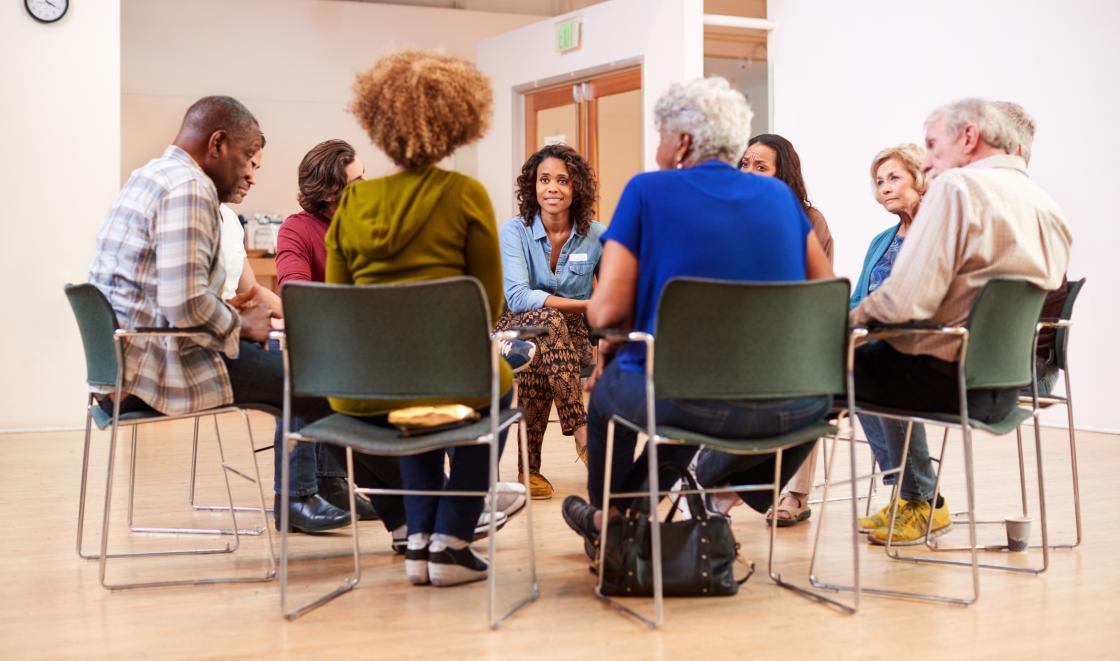About the toolkit
The toolkit is for NHS and local authority staff whose work involves engaging with patients and the public about adult health and social care commissioning, for example, Integrated Care Board (ICB) commissioners and other staff. It helps staff think about what is important when working with public contributors and offers guidance on how to achieve effective PPI in commissioning.
The toolkit is organised across eight interconnected themes, each with supporting advice and information that public participants considered important. The eight themes are:
- Communication and relationships
- Commitment and receptivity
- Clarity
- Co-production
- Lived experience
- Diversity and representation
- Power imbalance
- Feedback
The toolkit contains links to guidance, information and examples of good practice, referencing public health, communities and whole system working that can be used in a range of organisations and settings. A key message across all themes is the importance of communication and relationships.
Find out more
- Download: Patient and Public Involvement in Health and Social Care Commissioning: a toolkit
- We would like to thank the NIHR ARC South London for funding and supporting the research that underpins the toolkit.
- Our special thanks go to the staff and public contributors for their insightful participation in the research. We are grateful to the service user researchers who assisted in the survey design, data analysis and developing the toolkit. We are also grateful to the study’s advisory group members for their guidance and support.
